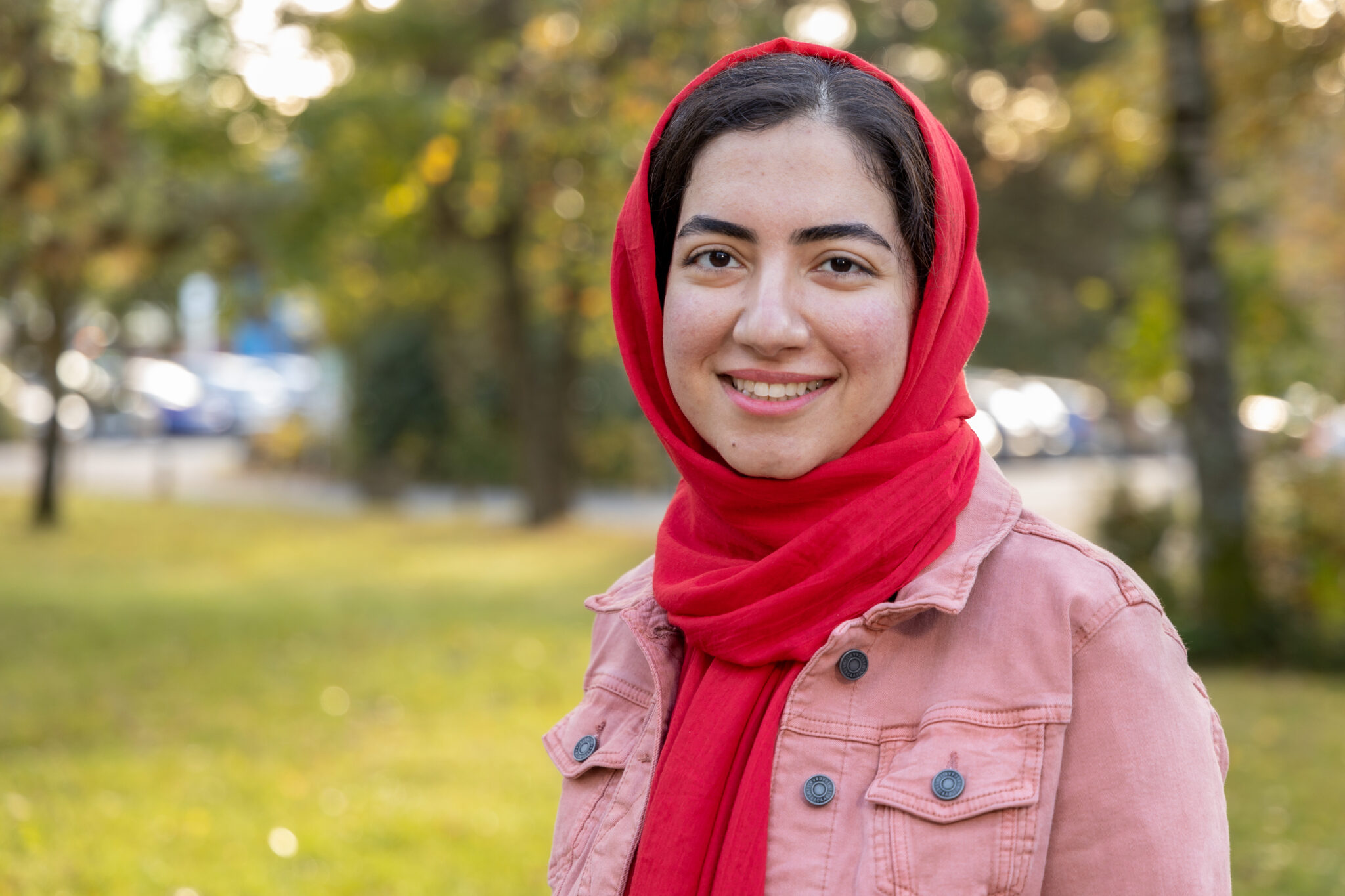The Doctoral School in Science and Engineering is happy to invite you to Mahdis JALALI’s defence entitled
NON-GEOSTATIONARY SATELLITE INTERFERENCE IN GEOSTATIONARY SATELLITE SYSTEMS
Supervisor: Prof Symeon CHATZINOTAS
The rapid deployment of ultra-dense non-geostationary satellite orbit (NGSO) constellations, particularly in low Earth orbit (LEO), has introduced significant challenges for spectrum sharing and interference management with existing geostationary satellite orbit (GSO) systems. The cumulative emissions from NGSO satellites can cause significant interference to GSO systems. To this end, the International Telecommunication Union (ITU) enforces strict limits on the equivalent power flux density (EPFD), which accounts for the aggregate interference from all visible NGSO satellites toward GSO earth stations. This thesis addresses the problem of downlink co-frequency interference from NGSO to GSO systems in various scenarios and satellite configurations, and proposes interference avoidance methods tailored to different operational constraints.
We develop and evaluate a set of practical techniques including spatial awareness, adaptive resource control, aggregate interference-constrained downlink beamforming, and optimized user-satellite association. These methods are designed to enable NGSO mega-constellations to meet ITU protection limits while sustaining connectivity and high system performance. The contributions of this thesis demonstrate the feasibility of maintaining regulatory compliance while ensuring robust quality of service in dynamic and densely populated NGSO satellite networks.
